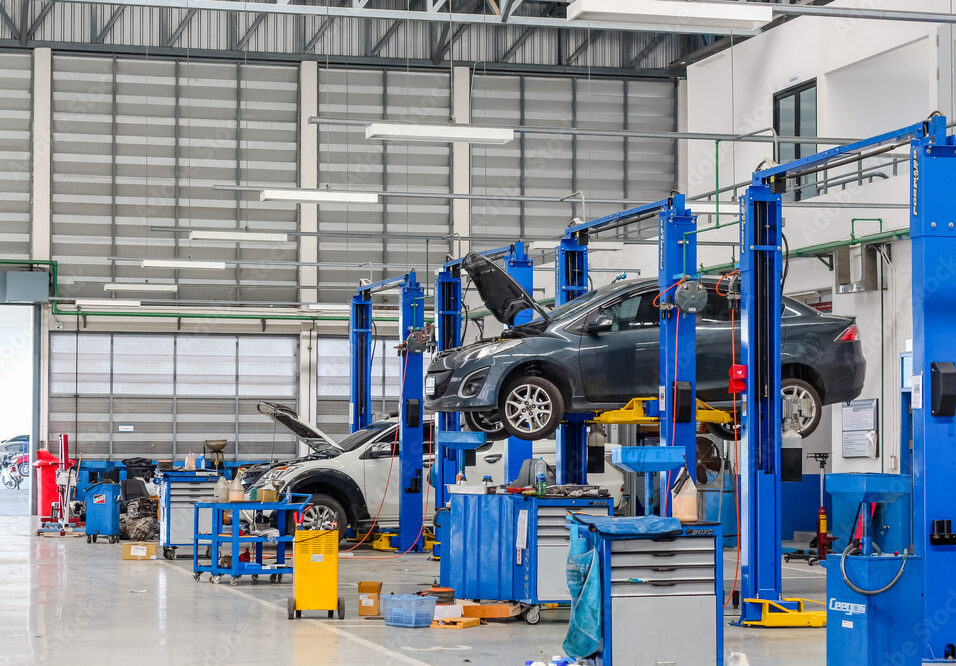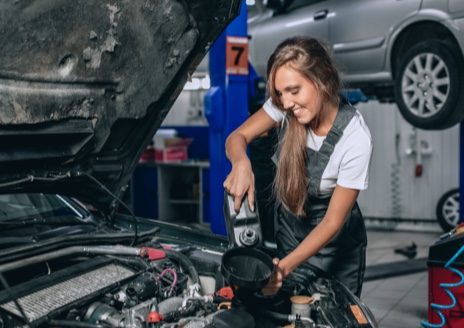All Categories
Featured
EV batteries are big, intricate, and contain valuable materials, making correct disposal and recycling essential. The great news is that numerous fixing stores, in collaboration with recycling programs, now use electrical car battery reusing services.
![]()
Additionally, the expanding number of electric cars when driving has actually developed a pressing requirement for lasting solutions to manage battery waste. According to sector projections, countless EV batteries will certainly require recycling in the coming years, making repair work stores an important component of this community.
Supplier Partnerships: Brands like Tesla, Ford, and GM have developed reusing initiatives, and accredited fixing shops affiliated with these manufacturers usually help with battery recycling. Third-Party Recyclers: Independent repair shops occasionally companion with business concentrating on EV battery recycling, such as Redwood Materials or Li-Cycle, which focus on extracting and recycling beneficial products from batteries. 3. Just How the Process Functions. When an EV battery gets to the end of its lifecycle, repair stores take a number of steps to guarantee its proper recycling:
Examination: Professionals examine whether the battery can be repurposed for other usages, such as energy storage systems. Disassembly: The battery is meticulously taken down to separate recyclable materials. Reusing Transfer: The taken apart parts are sent out to specialized facilities where steels and other products are recouped for reuse. This process decreases waste and maximizes the value removed from utilized batteries, sustaining a sustainable EV environment.
![]()
Federal government policies and motivations are additionally driving the growth of battery recycling facilities. In regions like the EU and The golden state, rigorous guidelines on battery disposal make sure that service center and producers take responsibility for recycling efforts.
Final thought. Yes, repair service shops providing electrical lorry battery recycling are becoming increasingly common. These companies play a crucial function in creating a sustainable EV industry by guaranteeing that utilized batteries are recycled properly.
![]()
As even more fixing shops accept these practices, they not only contribute to environmental protection yet also boost the lifecycle of electric lorries. For EV owners, seeking repair work stores with reusing services is a meaningful means to support sustainability while preserving their vehicles.
The future of EV battery recycling is appealing, with repair work suppliers, shops, and federal governments working with each other to resolve the challenges and build a greener tomorrow.
- Why Recycle EV Batteries? EV batteries are made up of materials like lithium, cobalt, nickel, and manganese-- resources that are finite and energy-intensive to extract. Recycling these batteries avoids hazardous chemicals from seeping right into the setting and minimizes the need for extracting new resources. By recouping these elements, recycling contributes to the round economic situation and minimizes the carbon footprint of EV production.

Additionally, the expanding number of electric cars when driving has actually developed a pressing requirement for lasting solutions to manage battery waste. According to sector projections, countless EV batteries will certainly require recycling in the coming years, making repair work stores an important component of this community.
- Repair Work Shops and Battery Recycling Programs. Numerous forward-thinking fixing stores are tipping up to supply EV battery recycling services. These stores usually work in collaboration with producers, specialized recycling centers, or government-backed programs to ensure batteries are managed safely and efficiently.
Supplier Partnerships: Brands like Tesla, Ford, and GM have developed reusing initiatives, and accredited fixing shops affiliated with these manufacturers usually help with battery recycling. Third-Party Recyclers: Independent repair shops occasionally companion with business concentrating on EV battery recycling, such as Redwood Materials or Li-Cycle, which focus on extracting and recycling beneficial products from batteries. 3. Just How the Process Functions. When an EV battery gets to the end of its lifecycle, repair stores take a number of steps to guarantee its proper recycling:
Examination: Professionals examine whether the battery can be repurposed for other usages, such as energy storage systems. Disassembly: The battery is meticulously taken down to separate recyclable materials. Reusing Transfer: The taken apart parts are sent out to specialized facilities where steels and other products are recouped for reuse. This process decreases waste and maximizes the value removed from utilized batteries, sustaining a sustainable EV environment.
- The Duty of Repair Work Shops in Encouraging Sustainability. Service centers that offer battery reusing not just help in reducing ecological impact however also reinforce customer count on. EV owners are more probable to select services that demonstrate ecological obligation. Some service center go an action further by offering rewards, such as discount rates on new batteries or services, to consumers who reuse their old ones.

- Challenges and Future Expectation. While battery recycling is growing, difficulties remain. Not all service center are geared up to deal with EV batteries due to their intricacy, safety, and size requirements. As modern technology advancements and demand for reusing increases, more repair work stores are likely to adopt these solutions.
Federal government policies and motivations are additionally driving the growth of battery recycling facilities. In regions like the EU and The golden state, rigorous guidelines on battery disposal make sure that service center and producers take responsibility for recycling efforts.
Final thought. Yes, repair service shops providing electrical lorry battery recycling are becoming increasingly common. These companies play a crucial function in creating a sustainable EV industry by guaranteeing that utilized batteries are recycled properly.

As even more fixing shops accept these practices, they not only contribute to environmental protection yet also boost the lifecycle of electric lorries. For EV owners, seeking repair work stores with reusing services is a meaningful means to support sustainability while preserving their vehicles.
The future of EV battery recycling is appealing, with repair work suppliers, shops, and federal governments working with each other to resolve the challenges and build a greener tomorrow.
Latest Posts
Experience WyHy FCU – Top Benefits for Your Future
Published May 26, 25
1 min read
Experience Your Financial Partner at WyHy – Essential Perks for Your Financial Success
Published May 26, 25
1 min read
Uncover the Leading Auto Repair Coupons in Montclare, Chicago
Published May 24, 25
1 min read